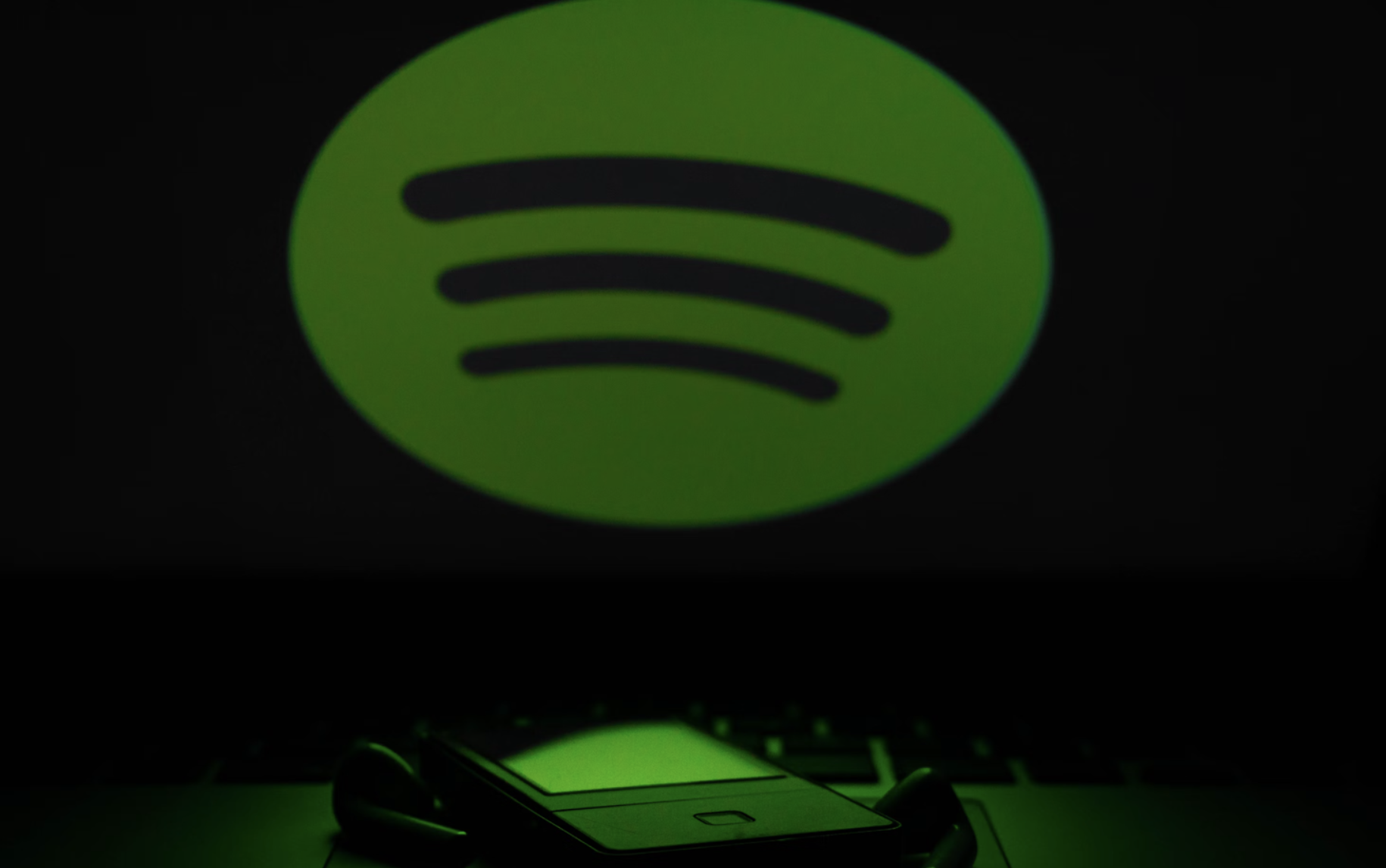Spotify wins MLC bundling lawsuit
Court dismisses MLC’s case, allowing Spotify to maintain lower bundled royalty rates.
What happened?
Almost eight months ago, the Mechanical Licensing Collective (MLC) filed a lawsuit against Spotify. It’s argument? Spotify’s decision to reclassify its US subscriptions as music-and-audiobook bundles was an unfair tactic to reduce mechanical royalty payments to songwriters and publishers.
Revenue from bundled services is treated differently from standalone music subscription revenue, leading to lower mechanical royalty rates. Since an estimated 99% of Spotify’s US subscriptions fall under the bundled category, insiders estimated that this move could cost songwriters and publishers as much as $150 million in its first year alone.
The MLC, a non-profit designated by the US Copyright Office, is responsible for ensuring that streaming services like Spotify pay the mechanical royalties owed to songwriters and music publishers. However, the court has now ruled in Spotify’s favour, dismissing the case “with prejudice”. Therefore, it cannot be refiled, though it can still be appealed on legal grounds.
The Court’s decision
The MLC argued that simply adding audiobooks to an existing music subscription should not automatically qualify the service as a bundle, especially since Spotify did not increase its price or demonstrate that audiobooks added significant consumer value.
However, Judge Analisa Torres ruled that US regulations do not require a price increase or proof of consumer perception of value for a service to qualify as a bundle. Instead, a bundle must merely combine music with “one or more products or service having more than token value”.
“Audiobook streaming is a product or service that is distinct from music streaming and has more than token value. Premium is… properly categorised as a Bundle, and the allegations of the complaint do not plausibly suggest otherwise.”
Judge Torres in her decision
The ruling solidifies Spotify’s ability to continue classifying its Premium subscription as a bundle, effectively maintaining lower royalty rates for songwriters under current regulations.
How have both sides responded?
After the ruling, the MLC expressed ongoing concerns about whether Spotify’s actions align with the law. They are currently “reviewing the decision and evaluating all available options,” including the possibility of an appeal.
Spotify, on the other hand, welcomed the outcome. In particular, it is happy that its “Premium service is appropriately categorised as a bundle and offers valuable content alongside music”.
Spotify also pointed to its recent deal with Universal Music Publishing Group (UMPG) as an example of how direct negotiations can address bundling royalty rates outside of regulatory disputes.
“Bundle offerings play a critical role in expanding the interest in playing for music and growing the pie for the music industry. We know the regulations can be complex, but there’s plenty of room for collaboration- and our recent deal with UMPG shows how direct licenses can create flexibility and additional benefits.”
Spotify statement about the decision
What does this mean for the music industry?
While major labels can negotiate around Spotify’s bundling strategy, smaller publishers and independent songwriters who rely on the MLC are left at a disadvantage. With this ruling, Spotify can continue paying lower mechanical royalty rates under bundled subscriptions, impacting the income of independent artists and publishers.
Moving forward, it will be important to track how this decision influences negotiations across the industry, as well as other streaming services bundled offerings. Songwriters may also explore alternative legal or business strategies to safeguard their earnings from bundled subscription models.
